The growing number of refugees and immigrants from conflict-prone places settling around the world provides a number of issues for mental health professionals. The high prevalence of stressful and traumatic experiences that affect entire families results in mental health disorders that are unlike anything seen by health care workers in countries that have not been affected by war.
Many immigrants and refugees of all ages have complicated and multilayered mental health histories, as well as conflict, torture, and potentially traumatic migratory journeys.
What is mental health?
The status of your psychological and emotional well-being is referred to as mental health. It is an essential resource for living a healthy life and a significant contributor to overall wellness.
Good mental health helps you to feel, think, and act in ways that allow you to appreciate life while also coping with its difficulties. The following are some of the signs and/or symptoms, however they are not comprehensive.
- Having a sense of control over your life and personal choices
- Being able to deal with the difficulties and hardships of life
- Mentally healthy, such as being able to concentrate at work
- Having a good physical condition and having enough sleep
- Being a part of a community, such as a school, church, or neighbourhood, and feeling a sense of belonging.
It is crucial to remember that poor mental health is not the same as mental illness; rather, it can lead to both mental and physical sickness. Poor mental health manifests itself in a variety of ways, including but not limited to:
- Sad, depressed, or in a bad mood
- Excessive anxieties or fears, as well as severe guilt feelings
- You’re having trouble controlling your emotions.
Mental illness
A person’s ability to perform effectively over a lengthy period of time is harmed by mental illness.
- distress at a significant level
- alterations in the way you think, feel, or act
- sensations of loneliness, sadness, and isolation
- the sensation of being cut off from other people and activities
Mental Health and Post-Traumatic Stress Disorders (PTSD) Prevalence Among Refugees
Globally:
The World Health Organization (WHO) states:
- One in every 11 (9%) people who have lived through a war or other form of conflict in the last 10 years will suffer from a moderate or severe mental disorder.
- Depression, anxiety, post-traumatic stress disorder (PTSD), bipolar disorder, or schizophrenia impact one out of every five people (22 percent) who live in a conflict-affected area.
According to the UNHCR, about 15 percent to 20 percent of displaced individuals suffer from mental health issues, with the majority of these being minor.
Approximately one out of every three asylum seekers and refugees suffers from depression, anxiety, or post-traumatic stress disorder (PSTD).
Mental health disorder prevalence estimates range from 20% to 80%, with 4% to 40% of people suffering from anxiety, 5% to 44% from depression, and 9% to 36% from PSTD.
In Canada:
According to a report published by the Canadian Collaboration for Immigrant and Refugee Health (CCIRH), PTSD affects about 11% of child refugees. However, prevalence estimates have fluctuated from a low of 5% to a high of 89%.
A research published in the International Journal of Social Psychiatry indicated that 24% of refugees, compared to 13% of non-refugee immigrants and those born in Canada, were in psychological distress.
According to ISS of B.C. study, 15 to 18% of all refugees who come to Canada, or around 4,300 to 5,100 persons every year, require a formal mental health therapeutic intervention to assist them confront trauma.
In 2016, the ISS of BC conducted a study on the well-being of Government Assisted Refugees (GARs), which found that 30% of the refugees were “sad” or “depressed.”
Please contact Simply Align Rehab Physio in Scarborough/Toronto at simplyalignrehab.com for additional information on your “Why do Refugees need Counselling”, or call or text Simpy Align Rehab at (416) 628-8554 for your Physiotherapy or Chiropractor requirements in Toronto.
